Some British habits and traditions are endearing, while others can leave people from other countries frowning in confusion. Not everything makes sense beyond the UK’s borders, so let’s take a look at 18 British customs that don’t always translate well abroad.
Sarcasm and Understatement

“Understatement, sarcasm and surrealism are all elements associated with Britain’s brand of humour,” says the BBC, and this humour can be perplexing to those not familiar with it. What sounds like a sincere compliment might actually be a sarcastic remark, and a mild comment might be hiding a strong opinion, meaning this subtlety often gets lost in translation.
The Art of Queueing

In Britain, queueing is practically an art form. The British pride themselves on their orderly lines, where everyone patiently waits their turn. In other countries, such as Italy or India, the concept of a queue can be more fluid, leading to confusion and frustration for Brits used to their neat lines.
Tea Time
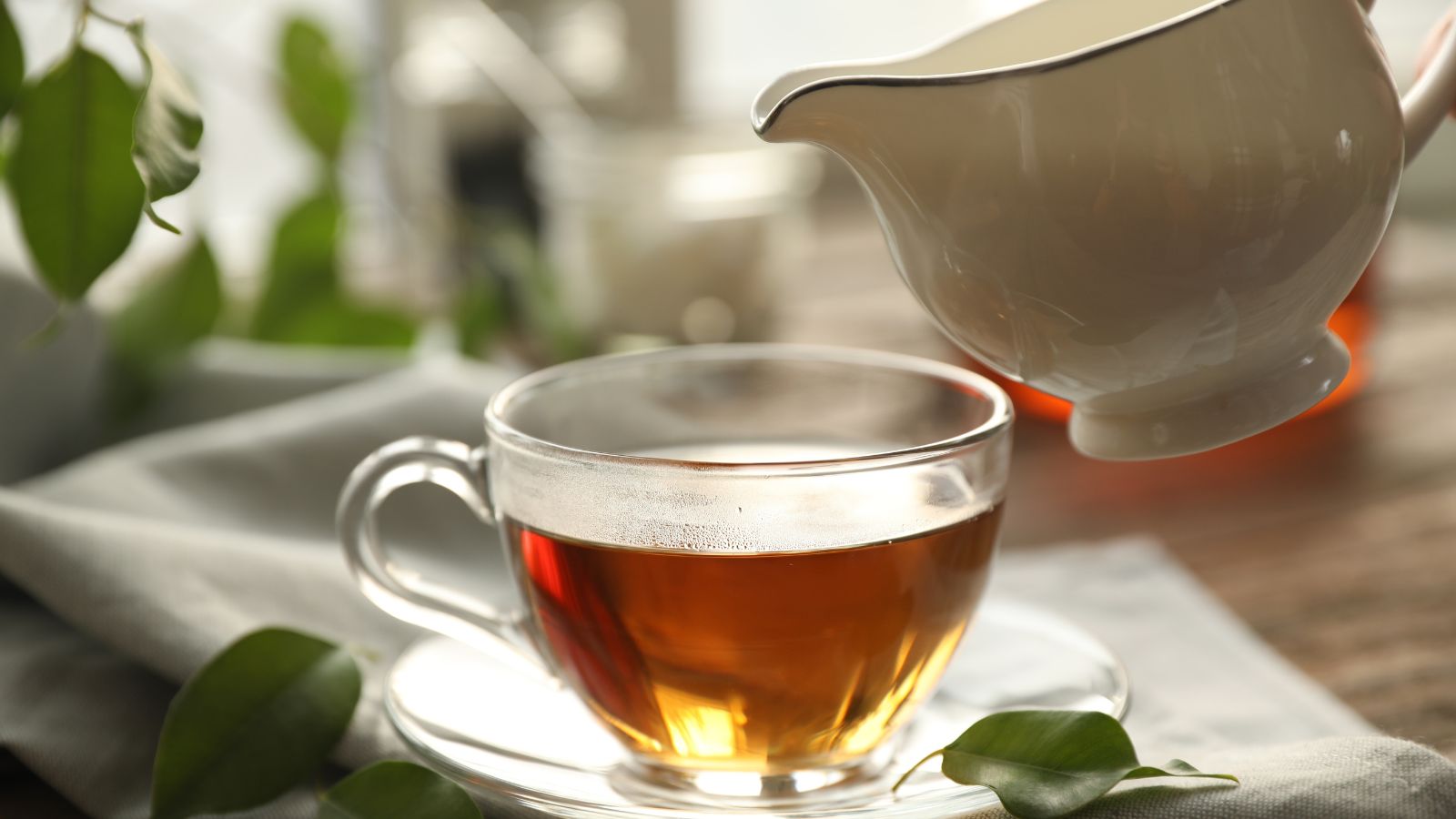
The British love affair with tea is legendary, and it’s more than just a drink—it’s a ritual. Inviting someone for a “cuppa” can mean a lot more than just offering a beverage; it’s about taking a break, having a chat, and even solving problems. However, in many places, coffee reigns supreme, and the cultural significance of tea is often lost.
Apologising for Everything

People in the UK are known for their politeness, often to the point of apologising when it’s not their fault, so if you bump into a Brit, they’ll likely say sorry, even if it was your mistake. This excessive apologising can seem odd in countries where people are more direct and less inclined to say sorry so frequently.
Small Talk About the Weather

The obsession with the weather in the UK is a staple of small talk because it’s an easy icebreaker and a way to fill awkward silences. However, in sunnier climes where the weather is more predictable, this constant chatter about rain and clouds can seem trivial or even boring.
Driving on the Left

One of the more practical traditions that confuses visitors is driving on the left side of the road. While it feels natural for Brits, it can be disorienting for those from countries where driving on the right is the norm. Renting a car in the UK can turn into a nerve-wracking experience for foreigners, who have to adjust to different driving rules and road layouts.
The Stiff Upper Lip

The British ‘stiff upper lip’ refers to maintaining composure and not showing emotion, especially in difficult situations. While this stoicism is admired in the UK, it can be misunderstood elsewhere. In cultures where expressing feelings is encouraged, the British tendency to keep a calm exterior might be seen as cold.
Bonfire Night
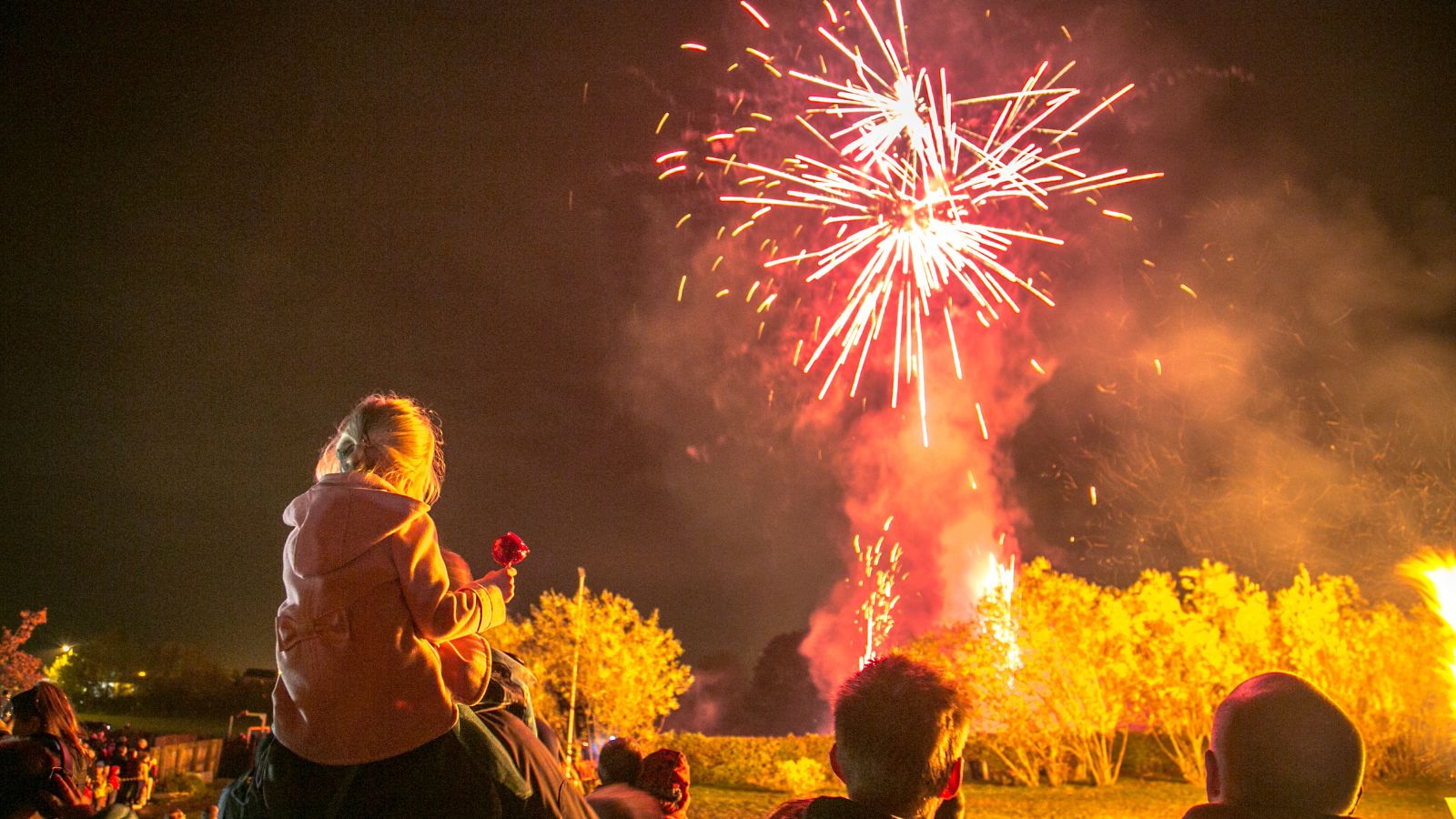
Celebrated on 5th November, Bonfire Night is a tradition unique to the UK commemorating the failed Gunpowder Plot of 1605. With fireworks, bonfires, and effigies of Guy Fawkes, it’s a night of revelry and history. However, explaining the historical and cultural significance of burning an effigy to someone from abroad can be tricky.
The Pub Culture
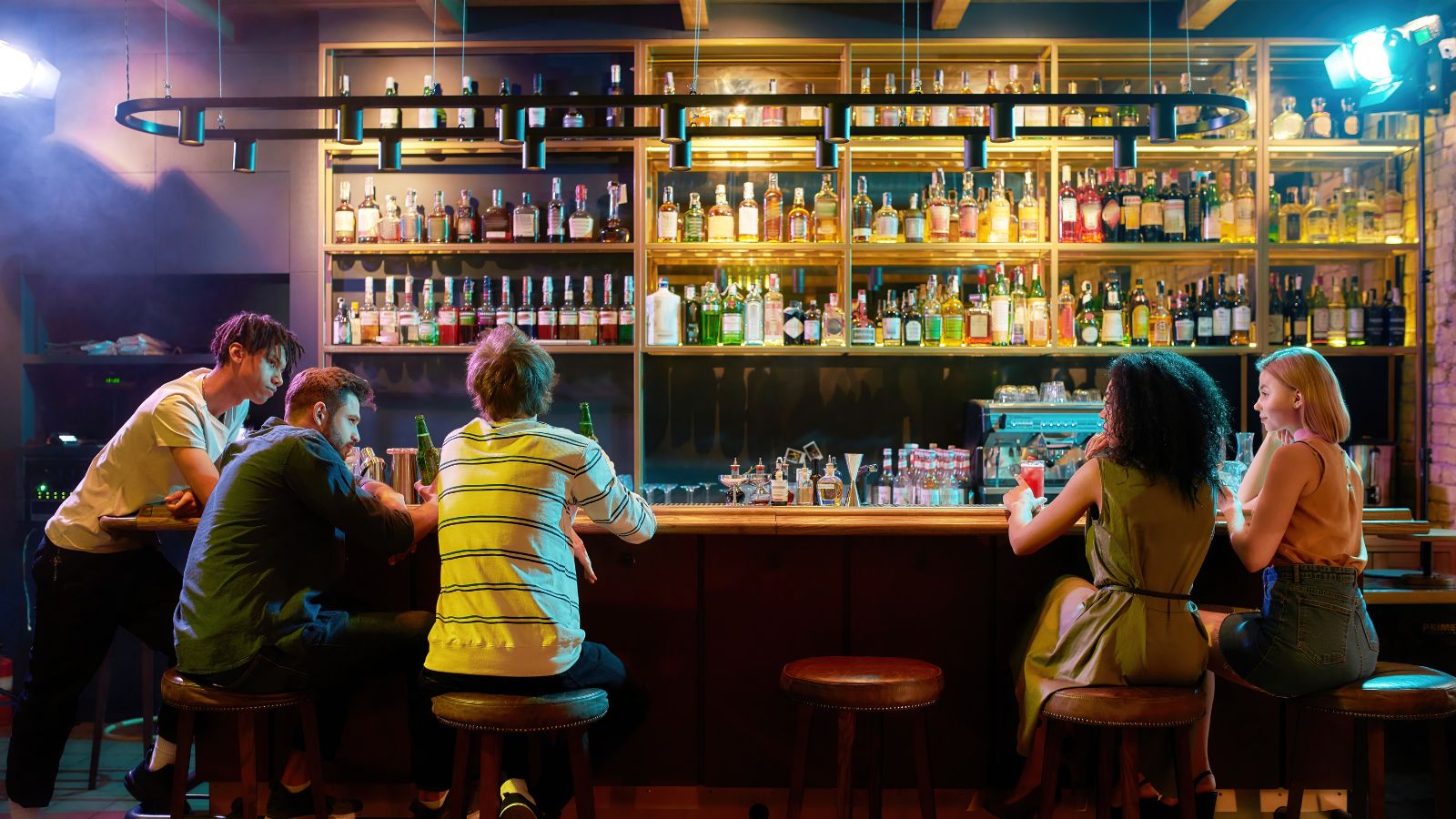
Pubs are a cornerstone of British social life. They’re more than just places to drink; they’re community hubs where people gather, play games and enjoy hearty meals. However, the pub experience can be quite different from bars and cafes in other countries.
British Accents

The UK is home to a vast array of accents, each with its own unique charm and complexity, but these accents can be challenging for non-Brits to understand. From the thick Scottish brogue to the lilting Welsh tones and the rapid-fire delivery of a Cockney accent, even native English speakers can find themselves struggling to keep up.
Christmas Crackers

During the festive season, British tables are adorned with Christmas crackers—brightly coloured tubes that, when pulled apart, produce a bang and reveal a small gift, a paper hat, and a joke. This tradition is distinctly British, and while it brings joy to UK households, explaining the appeal of wearing paper crowns and reading corny jokes can be a tough sell to those unfamiliar with it.
Tipping Practices

Tipping in the UK can be a bit of a minefield for visitors. Unlike in the USA, where tipping is expected, and often substantial, British tipping practices are more modest and less consistent. In some places, service charges are included, while in others, a tip is discretionary.
Talking About Money

In Britain, discussing money is often considered a bit taboo, so asking someone how much they earn or how much something costs can be seen as intrusive or impolite. This reticence contrasts sharply with cultures where financial matters are openly discussed.
Strict Meal Times

Locals in the UK have a fairly rigid schedule for meals—breakfast in the morning, lunch around midday, and dinner in the early evening. This can be quite different from countries with more flexible or later meal times. For instance, in Spain, dinner might not be served until 9 or 10 PM, which can be a shock to Brits who are used to eating much earlier.
The Royal Family Obsession
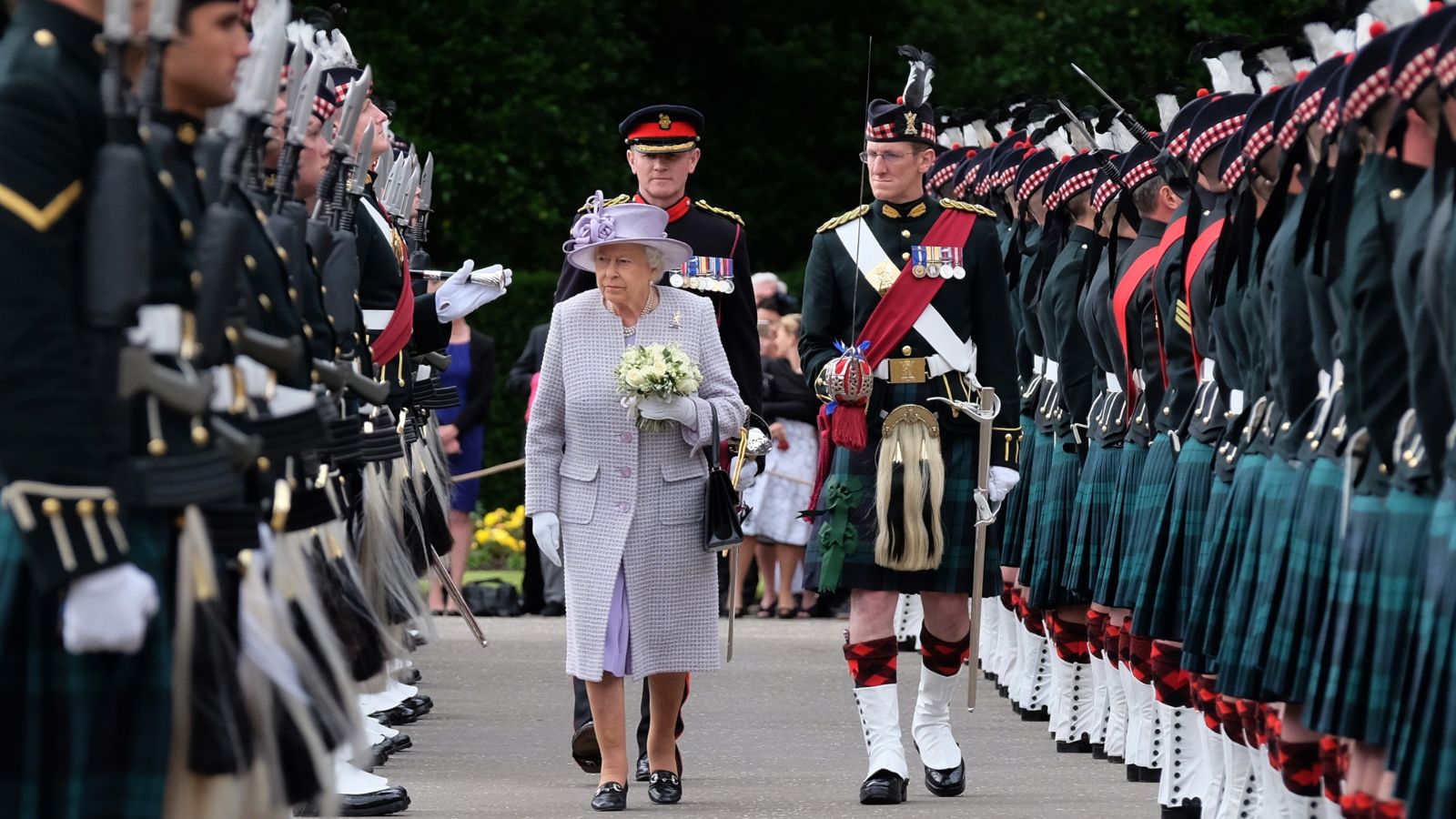
The British fascination with the Royal Family is unparalleled. While the Royals are a significant part of British culture and history, this level of interest can seem excessive to those from republics or countries without a monarchy. Explaining the latest Royal gossip or the importance of a royal event can sometimes be met with bemusement.
Celebrating the New Year with First Footing

In Scotland, the tradition of ‘first footing’ involves the first person entering a home after midnight on New Year’s Eve, bringing good luck for the year ahead. This person, traditionally a dark-haired man, brings gifts like coal, whisky, and bread, and while charming, this tradition can seem unusual to those unfamiliar with Hogmanay celebrations.
Bank Holiday Culture

Bank Holidays in the UK are eagerly anticipated days off, often used for short breaks or family outings. However, the concept of a ‘bank holiday’ doesn’t always translate well abroad, as, in some countries, public holidays are more evenly distributed, so the idea of specific bank holidays can be confusing.
Cricket
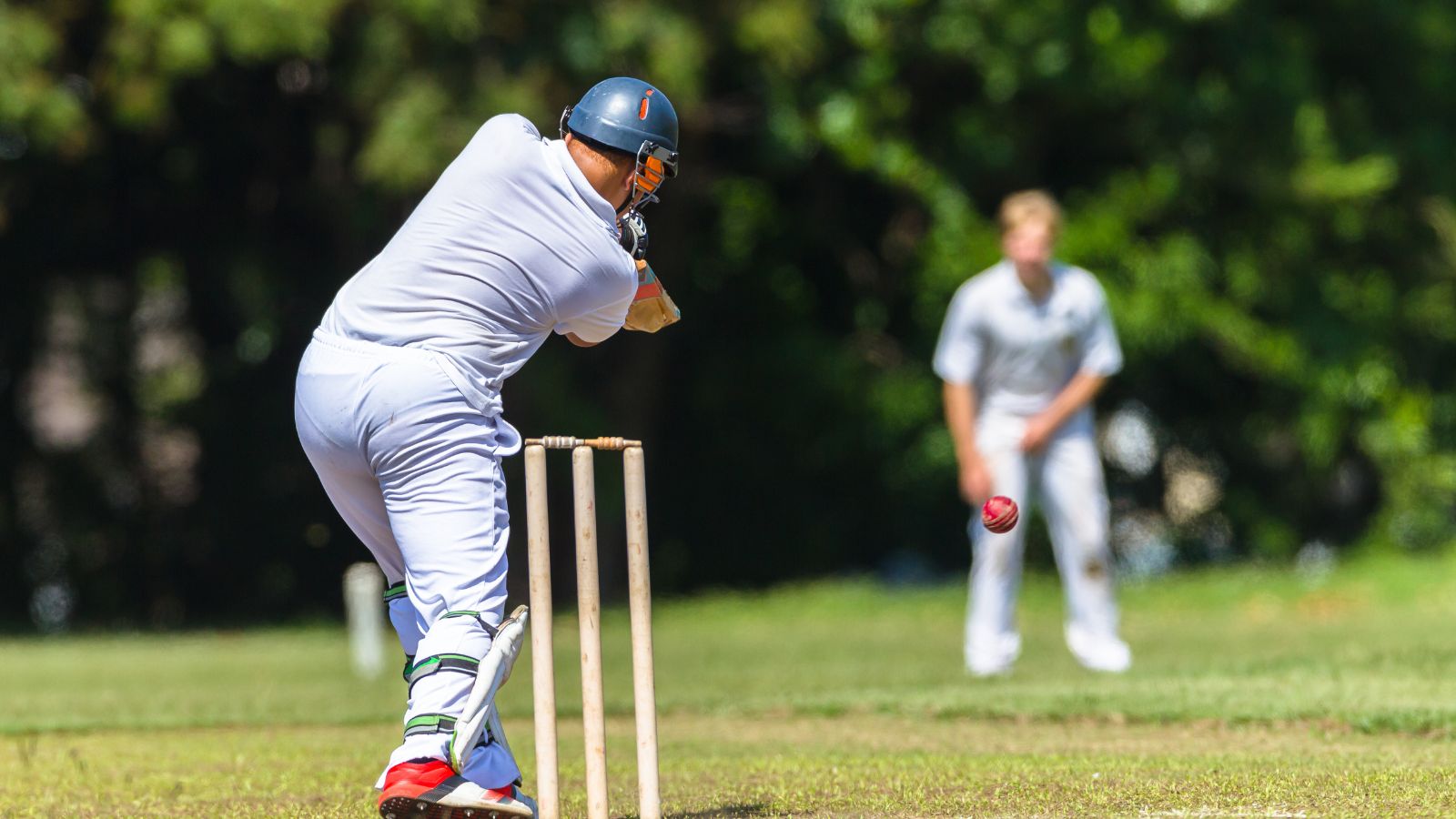
Our last confusing tradition is the sport of cricket, which many Brits hold dear, with matches that can last for days and rules that are baffling to the uninitiated. While football (soccer) is universally understood, cricket remains a mystery to many. Trying to explain the intricacies of overs, wickets, and LBWs to someone who’s never seen a match can be a daunting task.







